Lebanon: Where History, Culture, and Coastlines Collide
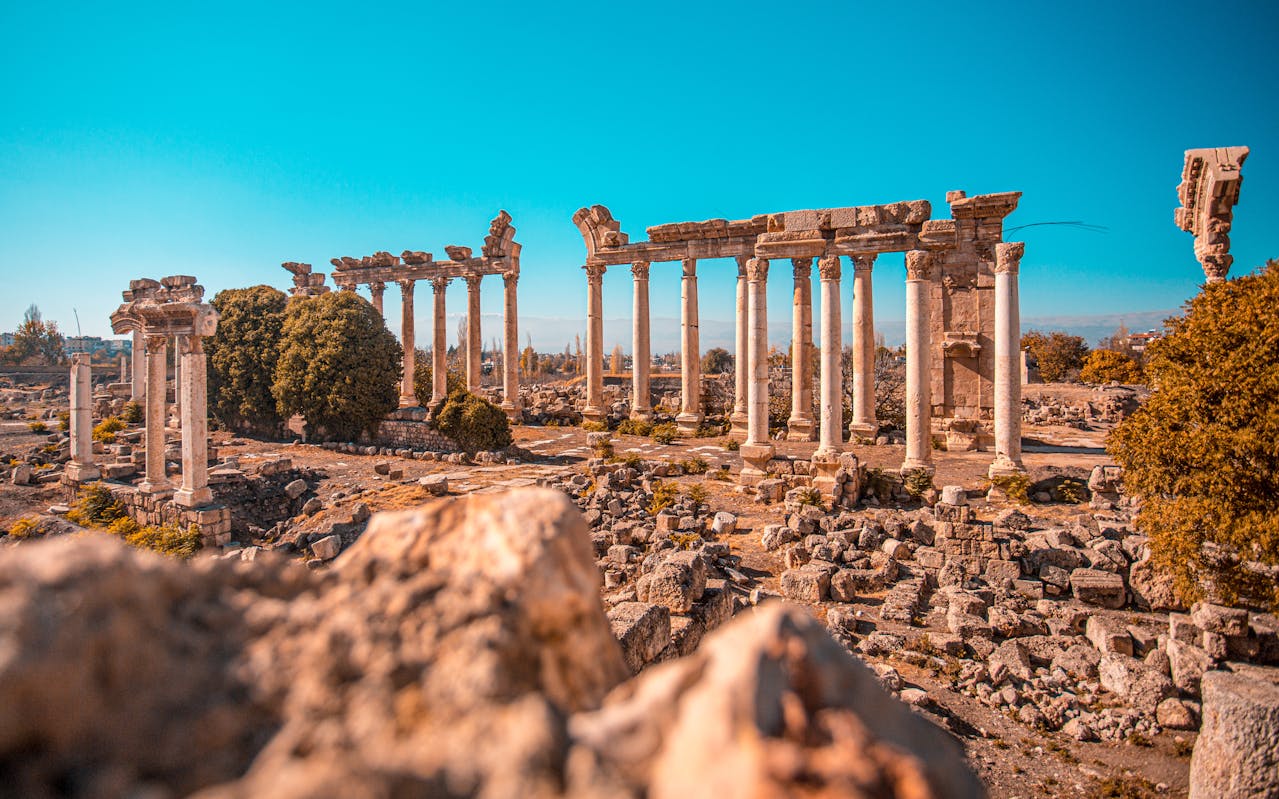
Explore Lebanon’s diverse beauty—from the ancient ruins of Baalbek to the vibrant nightlife of Beirut. Discover stunning mountains, Mediterranean beaches, and rich cuisine. Lebanon is a fusion of history, resilience, and cultural treasures waiting to be explored.
Lebanon: Where History, Culture, and Coastlines Collide
Lebanon, nestled on the eastern shore of the Mediterranean Sea, is a country where civilizations have converged for thousands of years. This small yet incredibly diverse nation offers a kaleidoscope of experiences—Roman ruins, snow-capped mountains, buzzing urban life, serene beaches, and warm-hearted people. Despite its turbulent past, Lebanon stands strong, proud, and deeply beautiful.
🏛️ A Legacy Carved in Stone
Lebanon has hosted countless civilizations—Phoenician, Roman, Ottoman, French—and all have left their mark:
-
Baalbek: A UNESCO World Heritage Site, home to the grand Temple of Bacchus and Temple of Jupiter.
-
Byblos: One of the oldest continuously inhabited cities in the world, with Phoenician ruins and a Crusader castle.
-
Tyre: An ancient maritime hub with Roman roads, arches, and a hippodrome.
-
Anjar: A unique Umayyad city offering a glimpse of early Islamic urban planning.
🌆 Beirut: The Paris of the Middle East
Beirut is Lebanon’s beating heart—a city where East meets West, tradition meets modernity:
-
Downtown Beirut: Gleaming skyscrapers next to war-scarred buildings, luxury boutiques, and cafes.
-
The Corniche: A seaside promenade perfect for sunsets, jogs, and people-watching.
-
Gemmayzeh & Mar Mikhael: Hip districts known for street art, bars, and galleries.
-
National Museum of Beirut: Housing over 100,000 artifacts showcasing Lebanon's rich history.
Despite past conflicts, Beirut continues to evolve as a hub of resilience, creativity, and unmatched hospitality.
🏔️ Nature's Majesty: From Cedars to the Coast
Lebanon's landscape offers everything from sea to snow:
-
The Cedars of God: Ancient cedar trees, some thousands of years old, featured on the national flag.
-
Qadisha Valley: A sacred Christian valley with monasteries and hiking trails.
-
Jeita Grotto: A magnificent underground cave system—Lebanon’s top natural wonder.
-
Faraya Mzaar: A popular ski resort just an hour from Beirut.
Within a few hours, you can go from skiing in the mountains to sunbathing on Mediterranean beaches.
🍽️ Lebanese Cuisine: A Culinary Journey
Lebanese food is among the world’s finest—fresh, colorful, and deeply rooted in tradition:
-
Mezze: Small plates including hummus, baba ghanoush, labneh, and tabbouleh.
-
Kibbeh: National dish made from minced meat and bulgur wheat.
-
Manakish: Flatbread topped with za'atar or cheese.
-
Grilled meats: Especially shish taouk and kafta.
-
Sweets: Baklava, knefeh, and maamoul, often enjoyed with strong Lebanese coffee or arak.
🕌 Spiritual Harmony
Lebanon is home to 18 officially recognized religious sects. It’s a rare example of coexistence in a turbulent region:
-
Mohammad Al-Amin Mosque and Saint George Maronite Cathedral sit side by side in downtown Beirut.
-
Qadisha Valley is a Christian heritage site with some of the earliest Christian monastic settlements.
-
Druze villages in the Chouf Mountains offer insight into a mysterious and peaceful community.
🎉 Festivals & Culture
Lebanon celebrates culture with flair:
-
Baalbek International Festival: Music and performances set inside the Roman ruins.
-
Beirut Art Fair: Celebrating contemporary Arab artists.
-
Zouk Mikael Festival: Music, crafts, and food in a historic Phoenician town.
-
Wine tours: Lebanon’s Bekaa Valley is one of the oldest wine-producing regions on Earth.
🧭 Travel Essentials
-
Capital: Beirut
-
Currency: Lebanese Pound (LBP)
-
Languages: Arabic (official), French and English widely spoken
-
Visa: Most nationalities can get a visa on arrival
-
Best Time to Visit: Spring (March–May) and Fall (September–November)
❤️ Why Visit Lebanon?
Lebanon is a land of contrasts. It offers ancient ruins and futuristic architecture, mountain ski slopes and sunny beaches, war stories and warm welcomes. Despite its challenges, it remains one of the most enchanting, rewarding, and humanly rich travel destinations in the Middle East.
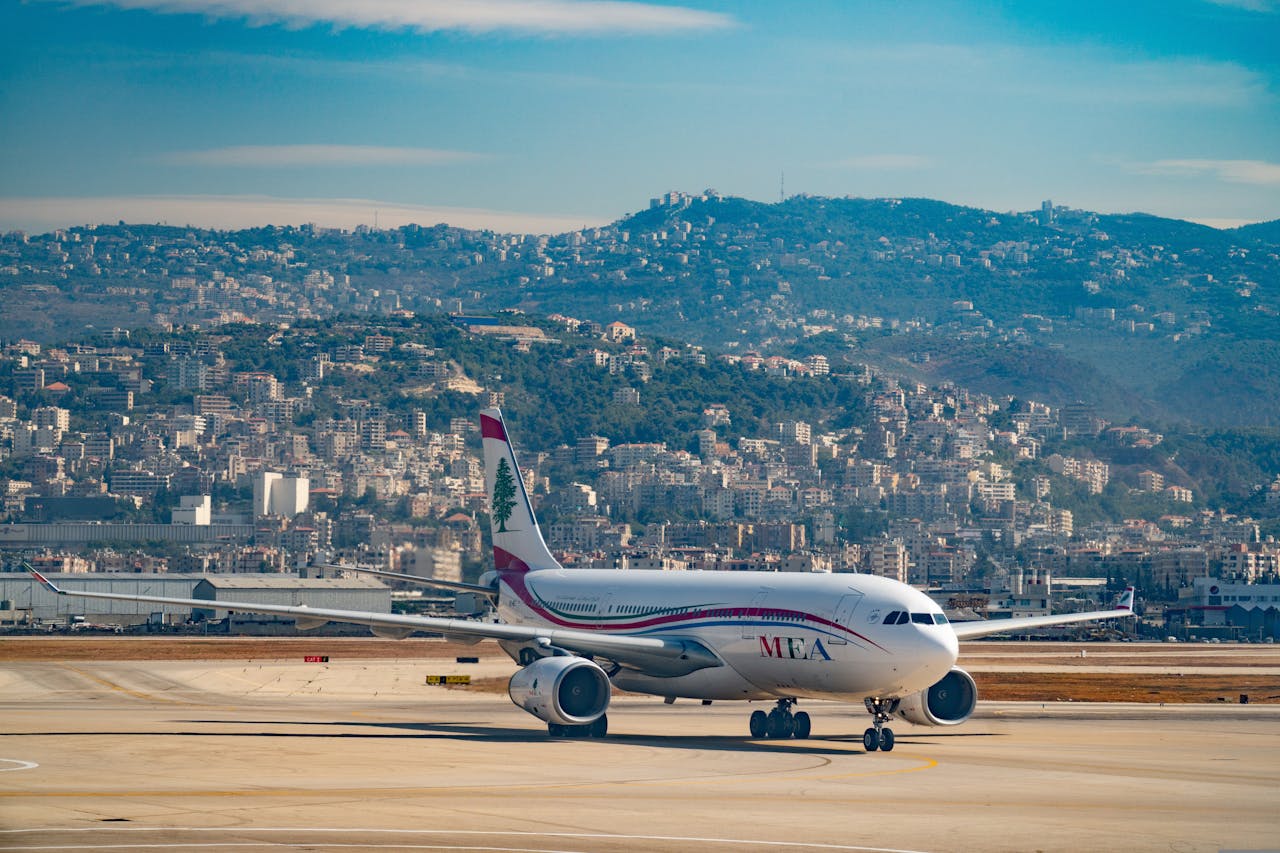
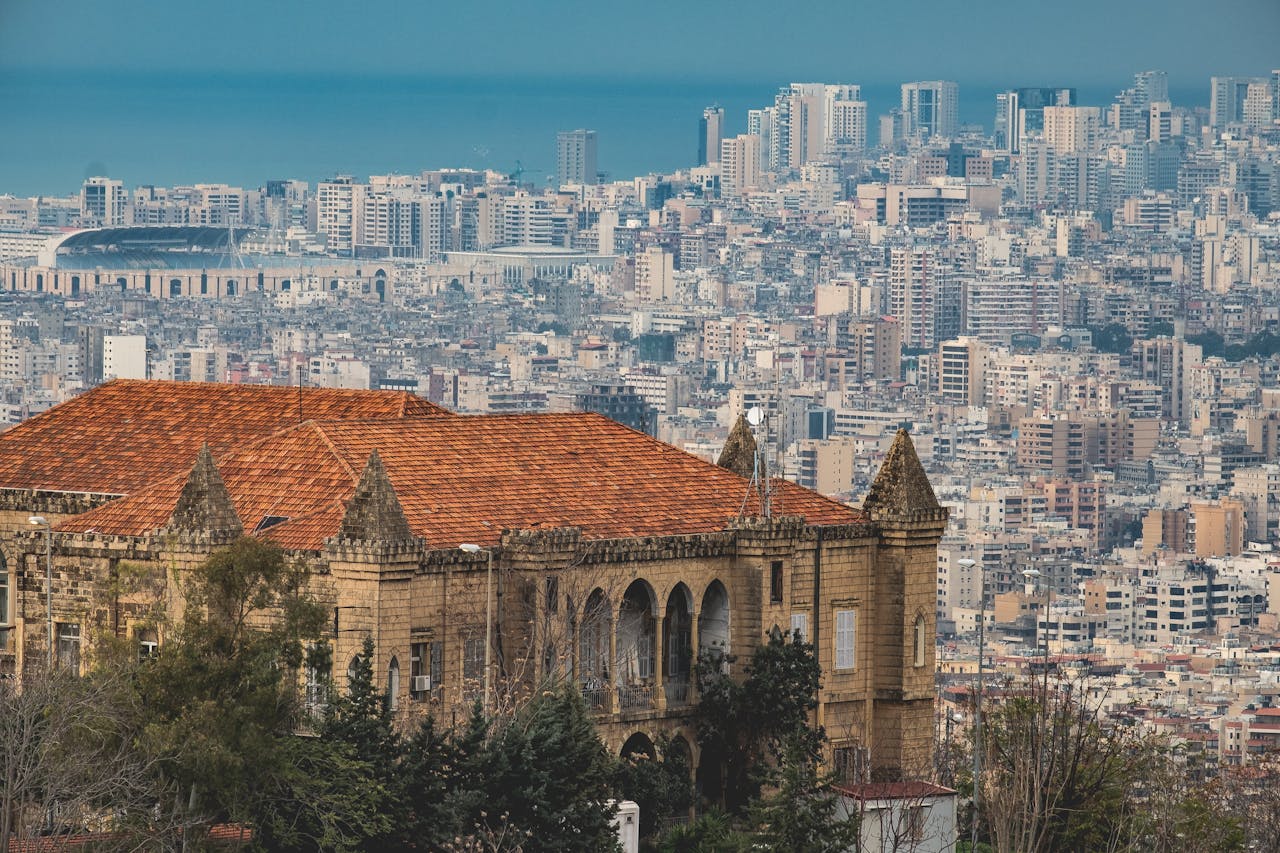
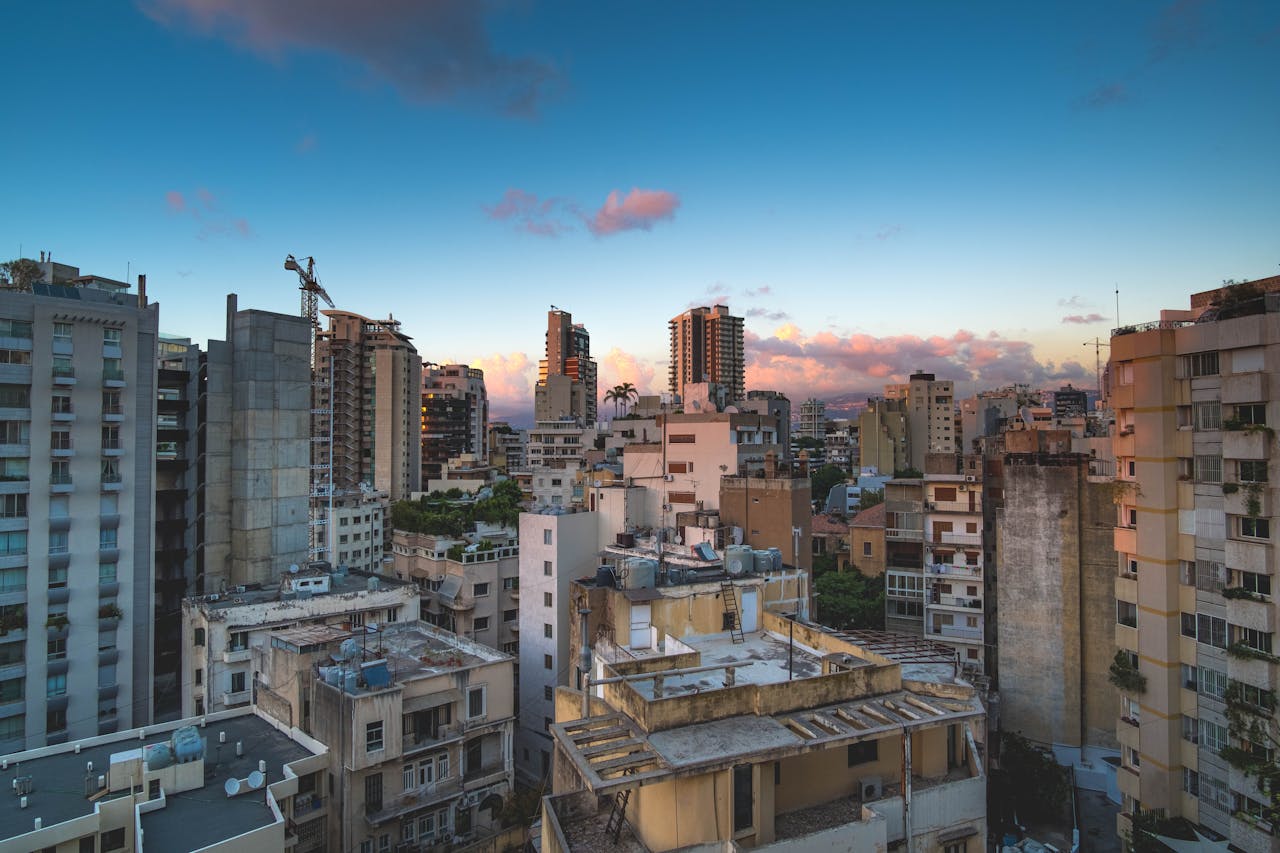
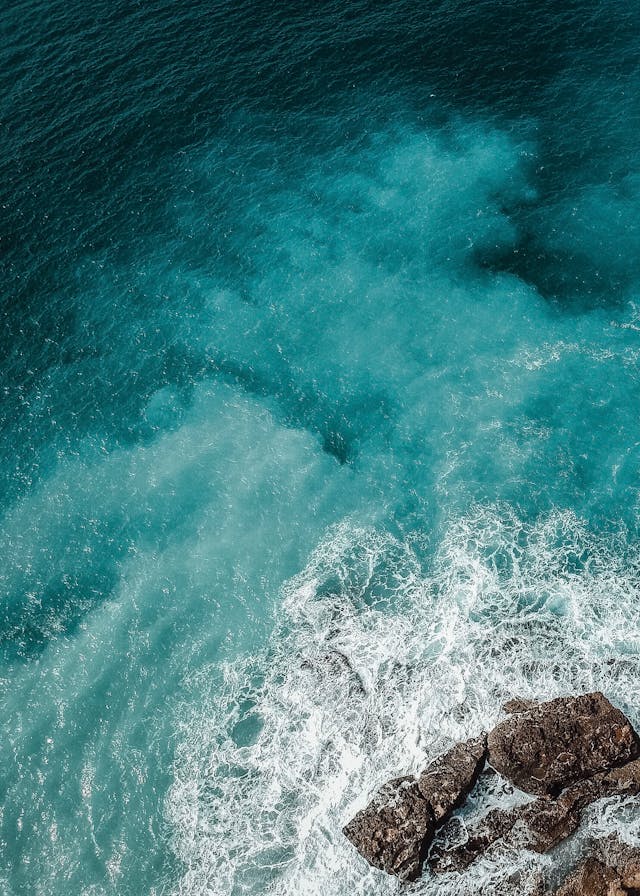
Comments (0)
Please login to leave a comment.